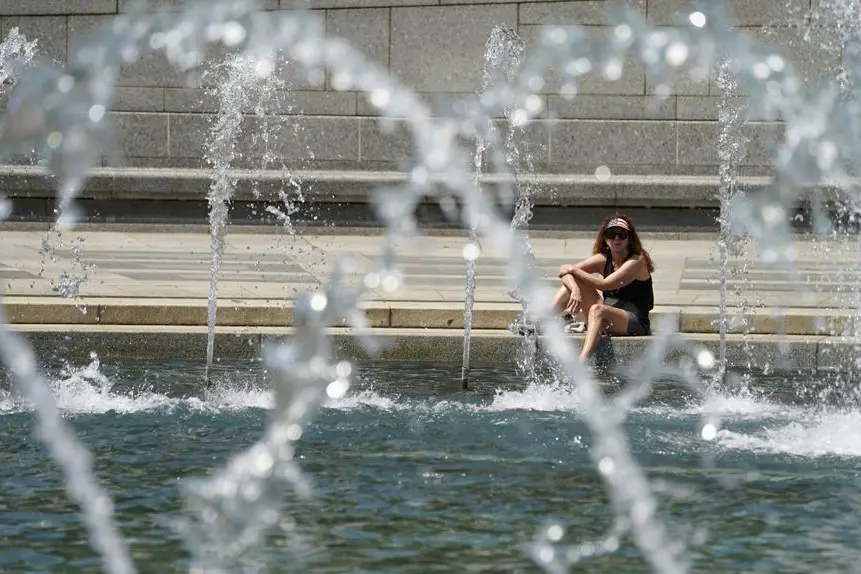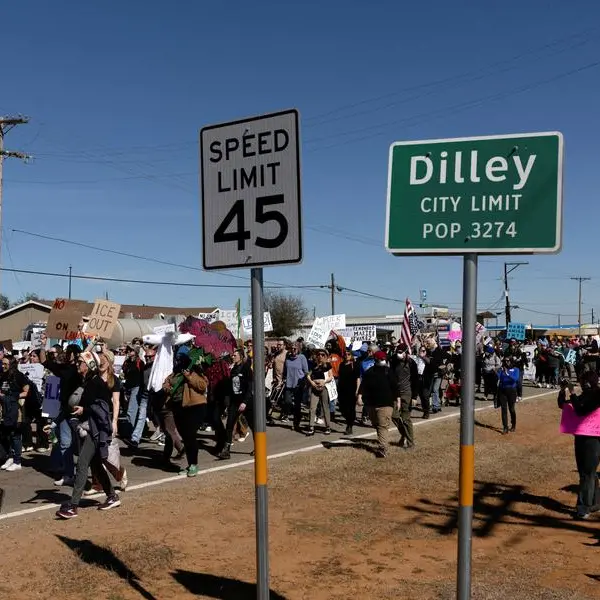PHOTO
Millions of people in the Western and Southern United States will bear the brunt of the summer's first heat wave starting on Tuesday as temperatures are expected to soar above 100 degrees Fahrenheit (37.8 degrees Celsius) across the region.
From northern California down through southern Arizona and into South Texas, some 19 million Americans will spend the rest of the work week under excessive heat warnings and advisories issued by the National Weather Service (NWS).
The forecast calls for temperatures in the triple digits in many low elevation spots, including Sacramento, Phoenix and in Las Vegas, where the high is expected to reach 111 degrees Fahrenheit (44 degrees Celsius) on Thursday, the NWS said.
"High temperature anomalies of 20-30 degrees (Fahrenheit) above average are likely. Widespread temperature records are expected to be tied or broken across much of the aforementioned areas," it added.
Forecasters and local officials are urging residents to stay in air-conditioned areas, drink plenty of fluids and check on neighbors and relatives during the heat wave.
"Extreme heat is an invisible but dangerous consequence of climate change, and CA's outdoor workers, seniors + children are particularly vulnerable," California's Environmental Protection Agency said in a social media post.
The bout of heat is the first of the summer season for the United States, where hotter-than-normal temperatures are expected for the next three months in many regions, according to the NWS.
The extreme heat puts a strain on the power grids in the United States. In May, the North American Electric Reliability Corp, a group that sets reliability standards for North America, said that large parts of the United States remain at risk for supply shortfalls due to heat this summer.
The hot weather outlook also could mean more wildfires in California this summer as arid, windy conditions fuel the blazes. A 14,000-acre (5,665 hectares) wildfire, called the Corral Fire, was 75% contained after forcing thousands of residents to evacuate east of San Francisco over the weekend.
(Reporting by Brendan O'Brien in Chicago; Editing by Will Dunham)





















